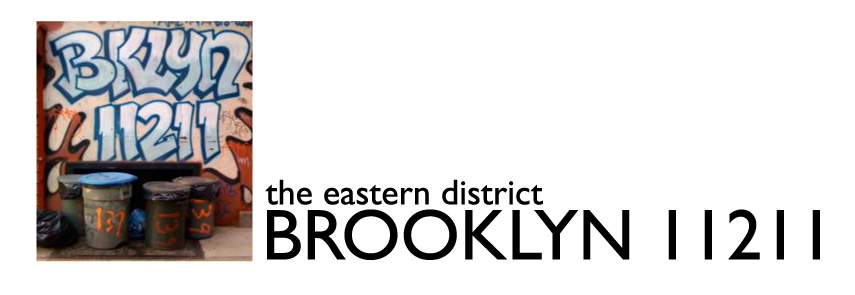Short Take on OSA
Clearly I’m catching up with what happened while I was away. Luckily, Aaron Short is catching up after his 10th reunion, so I’m just going to keep linking to him. This time on OSA –
Aaron authored a three part series on OSA in the Courier, which ended up finding a lot of smoke but no fire. The second article in the series included a number of accusations that turned out to be incorrect or unfounded. In his blog post today, Aaron does right by apologizing for those errors, and printing OSA’s letter to the editor in full (something the Courier didn’t do they just issued a terse correction).
(Part three of the series is here. The most important quote in this latest installment came from Phil DePaolo: “Parks will get hit hard… Next year, there won’t be an election year”.)
As for the accusations in part two, which continue to reverberate, clearly OSA needs to do a better job of defining what it is and isn’t. I’ve said before that OSA’s job is to work with the City to improve local parks.
OSA is a private organization, with its own board (and yes, its own bylaws). One of the more inane memes floating about is with regard to the requirements for being on the OSA board. Yes, board members are expected to bring in money (not necessarily contribute their own, but raise money). But most non-profit boards expect this of their board members. Well-run non-profits make the financial expectations explicit to board members. Directors in most non-profits are appointed for their expertise, connections and ability to fundraise – it’s not a democracy, and it shouldn’t be.
On the other hand, anyone can get involved in OSA through their community committees. OSA needs to do a better job (among other things) of making explicit the expectations of what the community committees do and do not do. I’m not involved with OSA, but its pretty clear that there are some people who have certain expectations for the organization – expectations that may or may not be realistic. OSA needs to be clear about what the organization’s role is, and how the community committee’s fit into that role.
